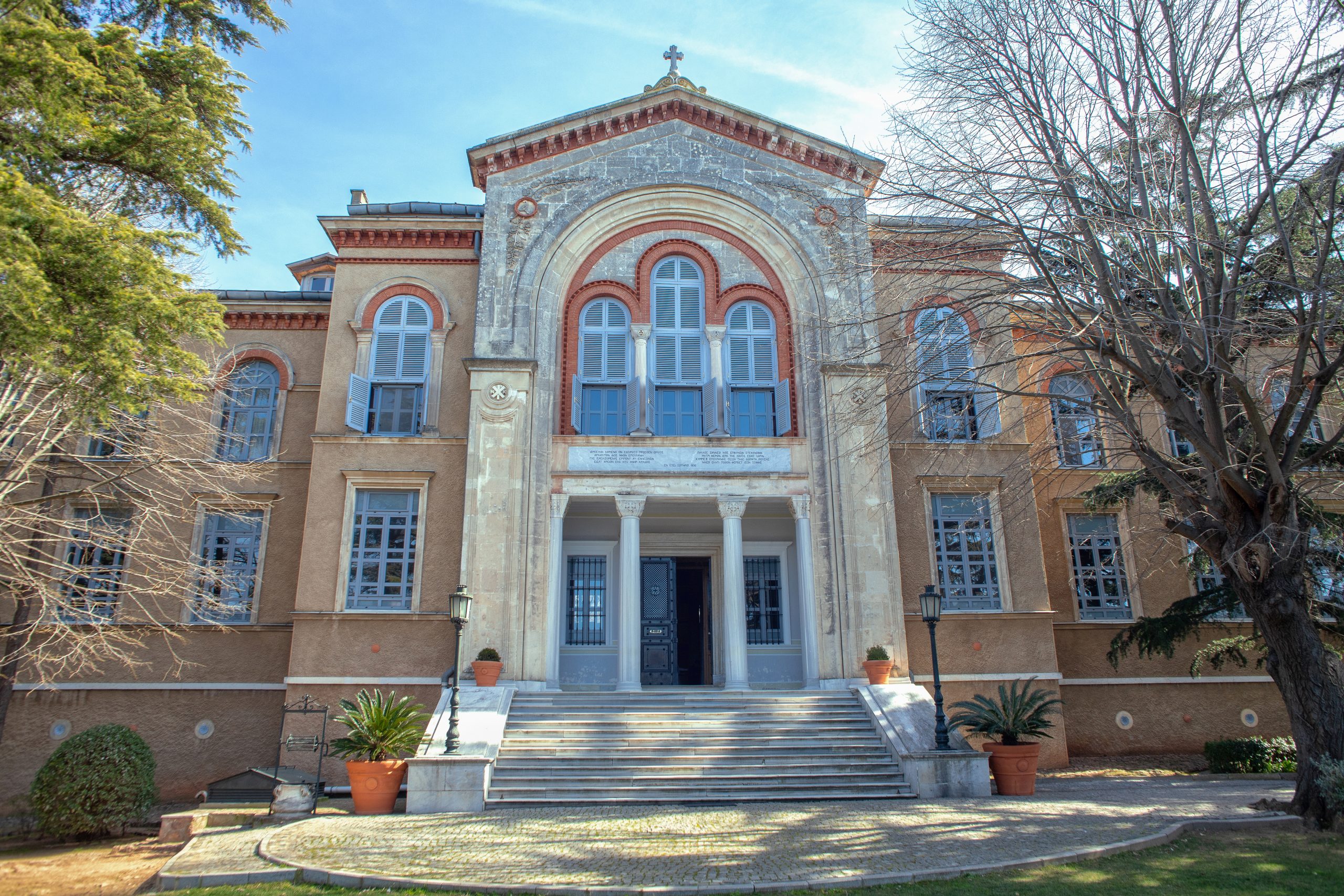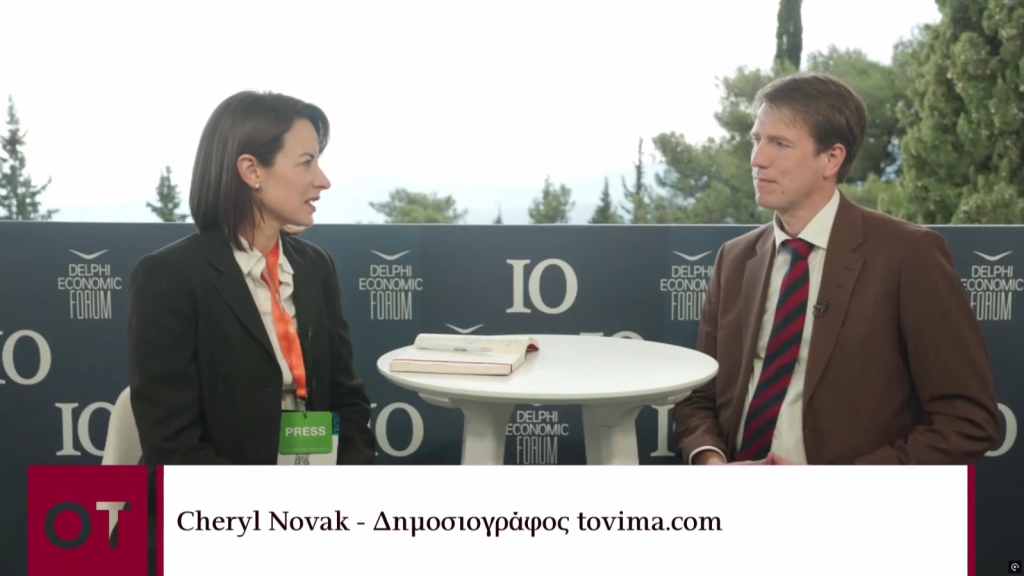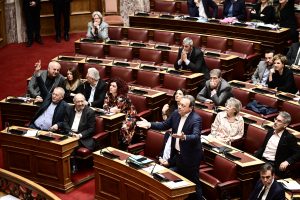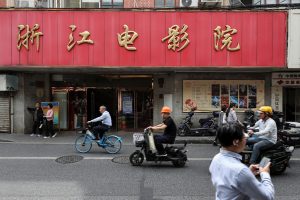Negotiations between the Ecumenical Patriarchate and the Turkish Ministry of Education regarding the reopening of the Theological School of Halki, the Patriarchate’s main seminary on the same-name Marmara Sea island, seem to be in advanced stages. According to reliable sources, if everything proceeds as planned, the historic seminary is expected to resume operations by September 2026. Officials confirm that renovation work is now complete, and the highest levels of the Turkish government are signaling their commitment to adhering to this timeline. For the Ecumenical Patriarchate, this is a matter of paramount importance.
The topic was notably discussed during an official Iftar dinner hosted by Turkish President Recep Tayyip Erdoğan on March 27 for representatives of religious minorities in Ankara. Seated to Erdoğan’s left as the senior-most representative of religious minorities, Ecumenical Patriarch Bartholomew took the opportunity to discuss various concerns affecting the Greek Orthodox community and the Patriarchate. The conversation reportedly unfolded in a warm and receptive atmosphere, with Erdoğan displaying a keen interest in the issues raised.
Searching for a Positive Headline
Optimism surrounding the reopening of Halki Seminary was further bolstered by Erdoğan’s remarks during the dinner. “At a time when hate speech, racism, and fanaticism are on the rise worldwide, we need more than ever to preserve and strengthen our multicultural identity,” he stated. He emphasized Turkey’s historical ability to accommodate diverse religions and cultures, a comment that carries particular weight in the wake of the recent imprisonment of Istanbul’s Mayor Ekrem İmamoğlu.
Analysts have repeatedly pointed out that Ankara often frames the seminary’s reopening as part of Greek-Turkish relations—though it is fundamentally a separate issue. Turkey presents it as a gesture of goodwill, a “concession” that could enhance its international image at a time when its credibility is under fire over human rights violations and political repression, particularly in the wake of the İmamoğlu case. Allowing the seminary to reopen would provide Ankara with a much-needed positive news story to counteract mounting global criticism.
A Ministerial Inspection
The last time the reopening of Halki Seminary was closely discussed between Greek Prime Minister Kyriakos Mitsotakis and Ecumenical Patriarch Bartholomew was in June, on the sidelines of the International Peace Conference in Switzerland.
Shortly after, Mitsotakis acknowledged for the first time that there were tangible signs of movement on the Turkish side regarding the issue—a long-standing request from Athens to Ankara. Indeed, in May 2023, the Ecumenical Patriarchate announced that Turkish Minister of Education Yusuf Tekin had visited the seminary under Erdoğan’s directive. His visit was meant to inspect the ongoing renovations, and afterward, Tekin publicly expressed his desire to see the seminary reopen. However, he also clarified that the final decision lay with the Turkish Ministry of Foreign Affairs and Erdoğan himself. Additionally, he highlighted that reopening the seminary was an issue of strategic importance for Turkey’s international standing.
As the political and diplomatic landscape continues to shift, the world will be watching to see whether Turkey follows through on its promises. For now, the Patriarchate and the Greek Orthodox community remain cautiously optimistic that, after decades of closure, the Halki Theological Seminary might finally reopen its doors.



